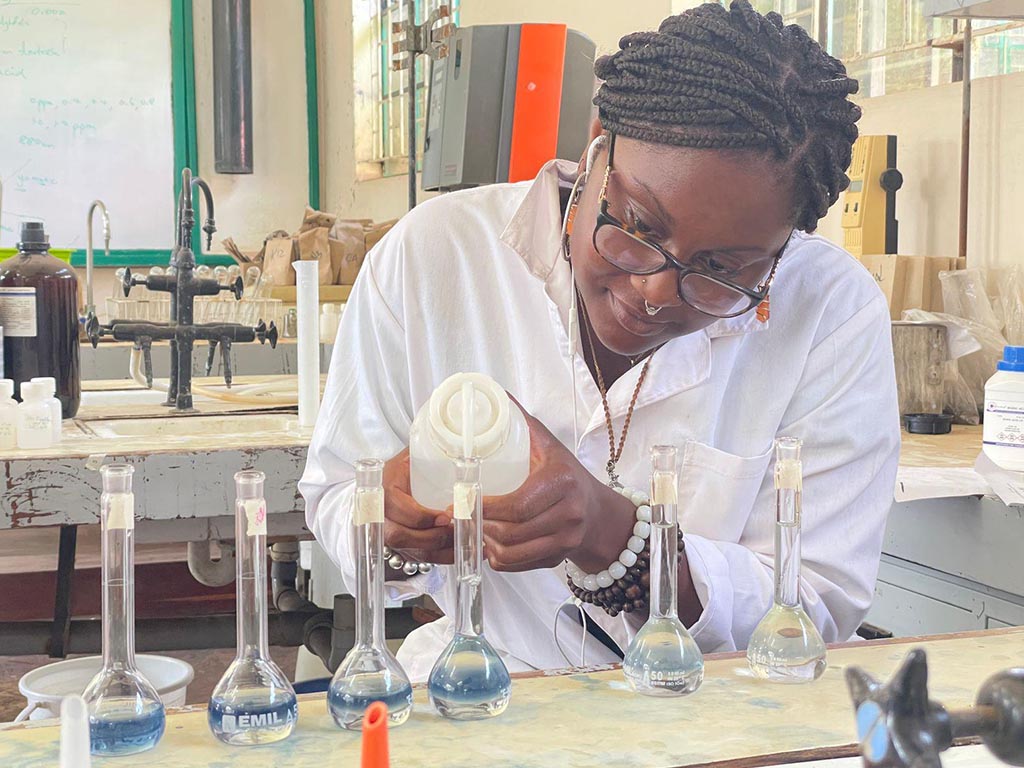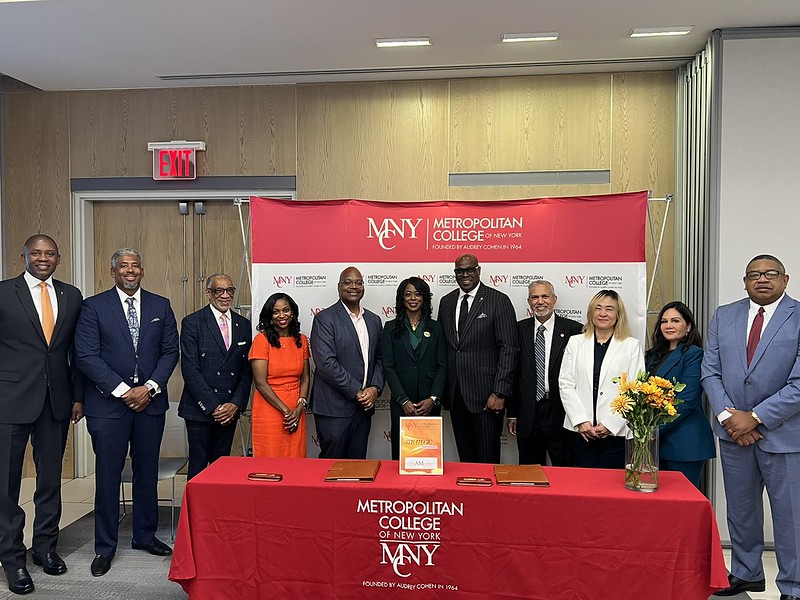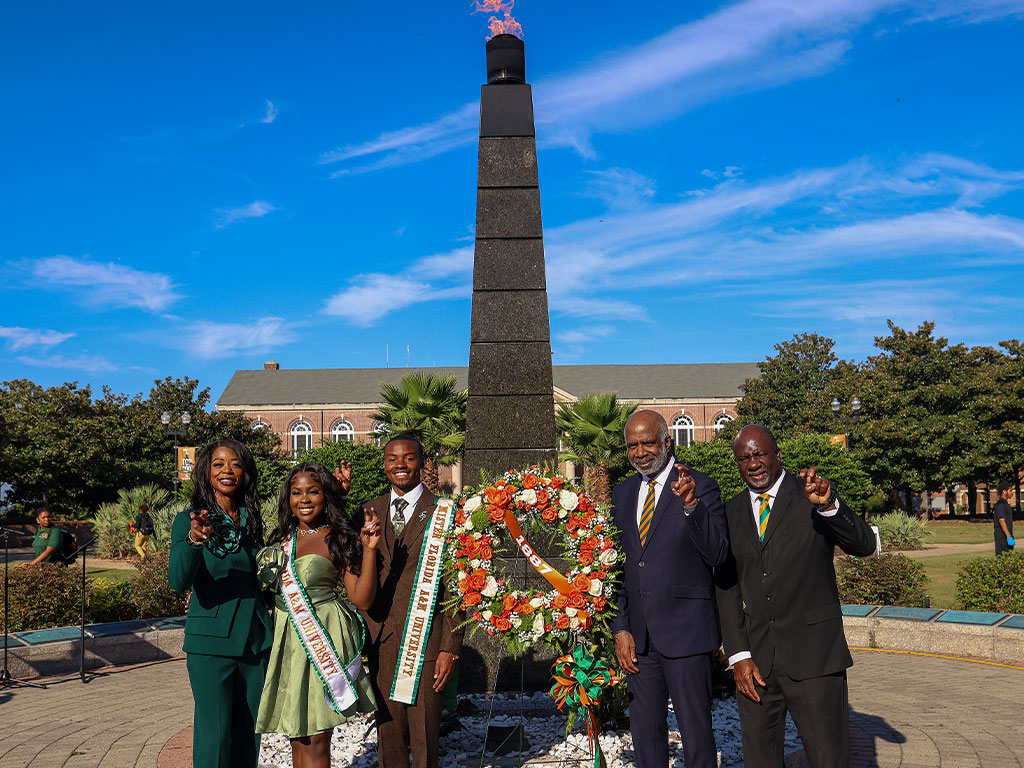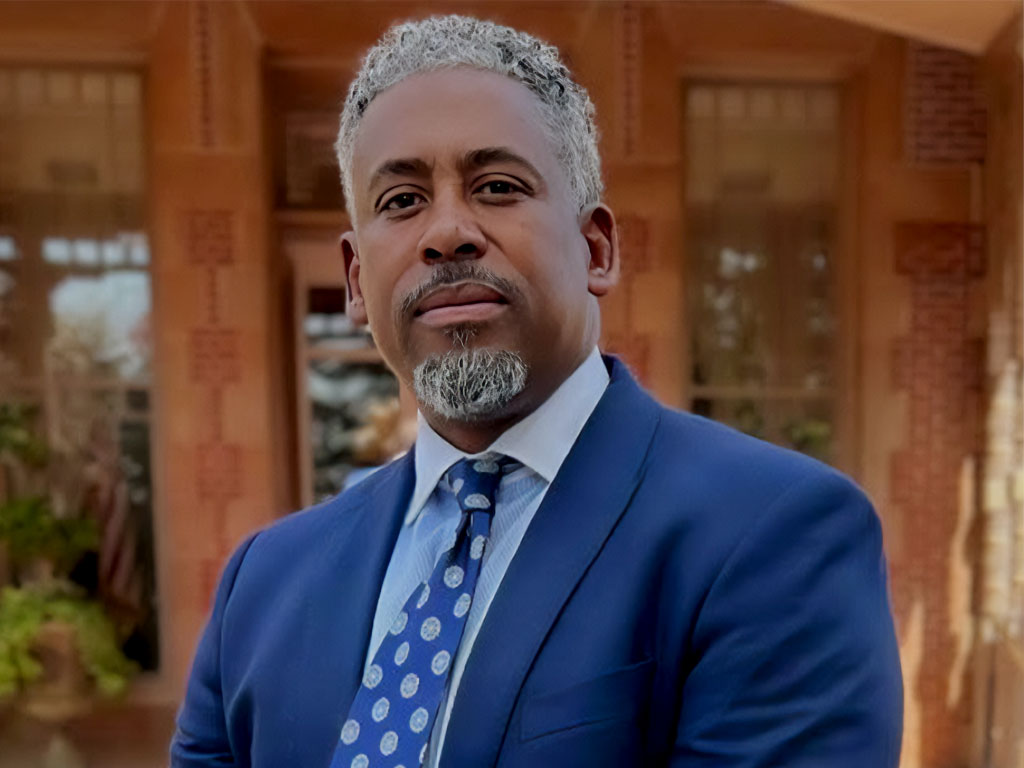Transformative Journeys: FAMU Students Conduct Research in Africa
September 19, 2025
Students
By Ashley Flete
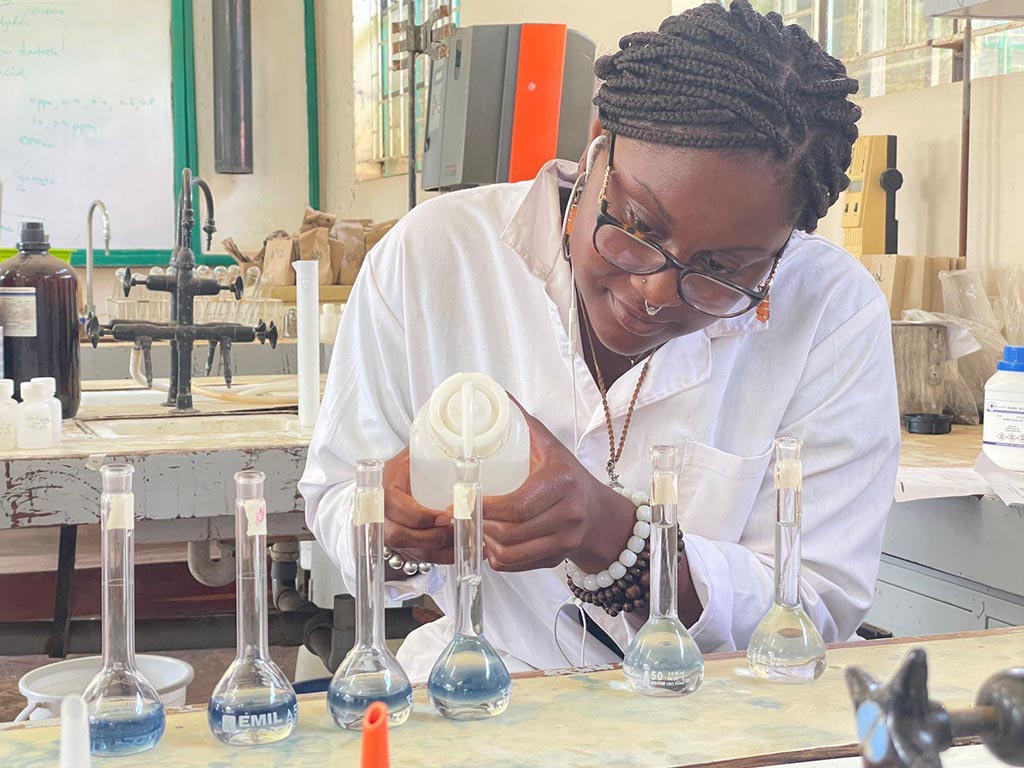
TALLAHASSEE, Fl. — This summer, several Florida A&M University students stepped beyond the classroom and into the global research arena, spending eight weeks in Kenya through two prestigious programs hosted by Bowie State University in collaboration with Egerton University.
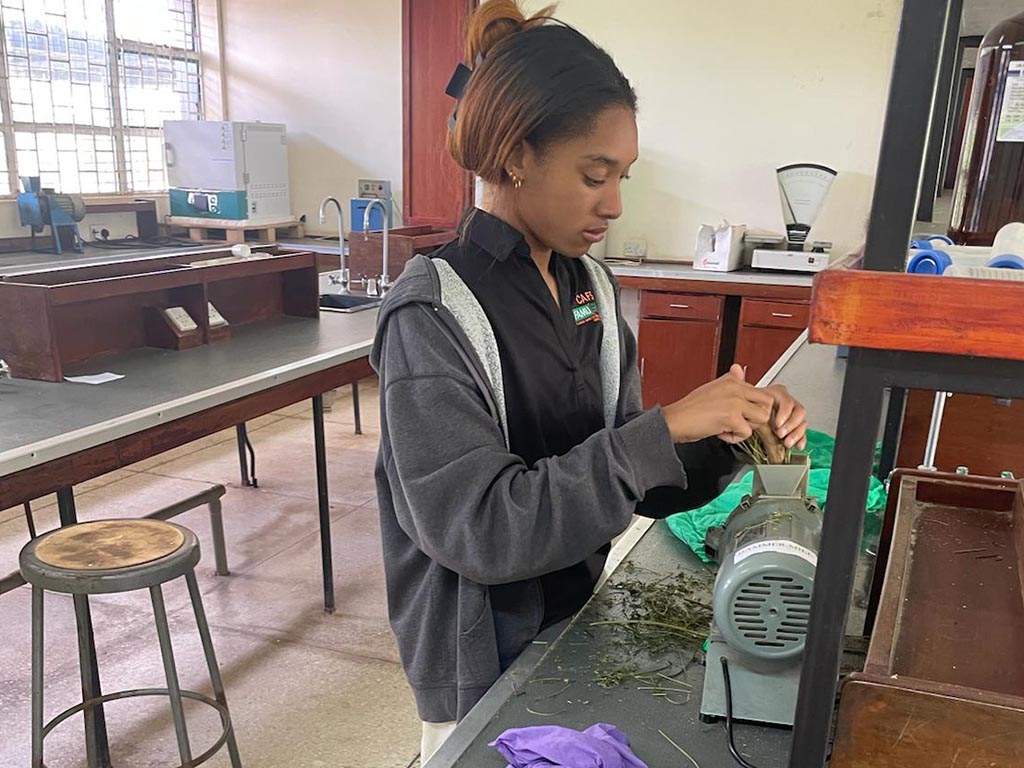 Scholars partner with Bowie State University to explore culture, history and innovation
abroad. (Photo courtesy of FAMU)
Scholars partner with Bowie State University to explore culture, history and innovation
abroad. (Photo courtesy of FAMU)
Funded by the U.S. Department of Agriculture’s National Institute of Food and Agriculture and the National Science Foundation, the programs focused on tackling pressing issues in food security, agriculture and environmental health while offering students hands-on research with global impact.
The opportunity was life-changing for senior food science major A’marie King from Marietta, Georgia. As part of the International Agricultural Research and Extension Experiences for Undergraduates (REEU) program, she studied ways to protect sorghum, a staple grain in sub-Saharan Africa, from a parasitic weed known as Striga. Working with fungi to enhance sorghum’s resilience, King’s project aligned closely with the program’s mission of strengthening global food security.
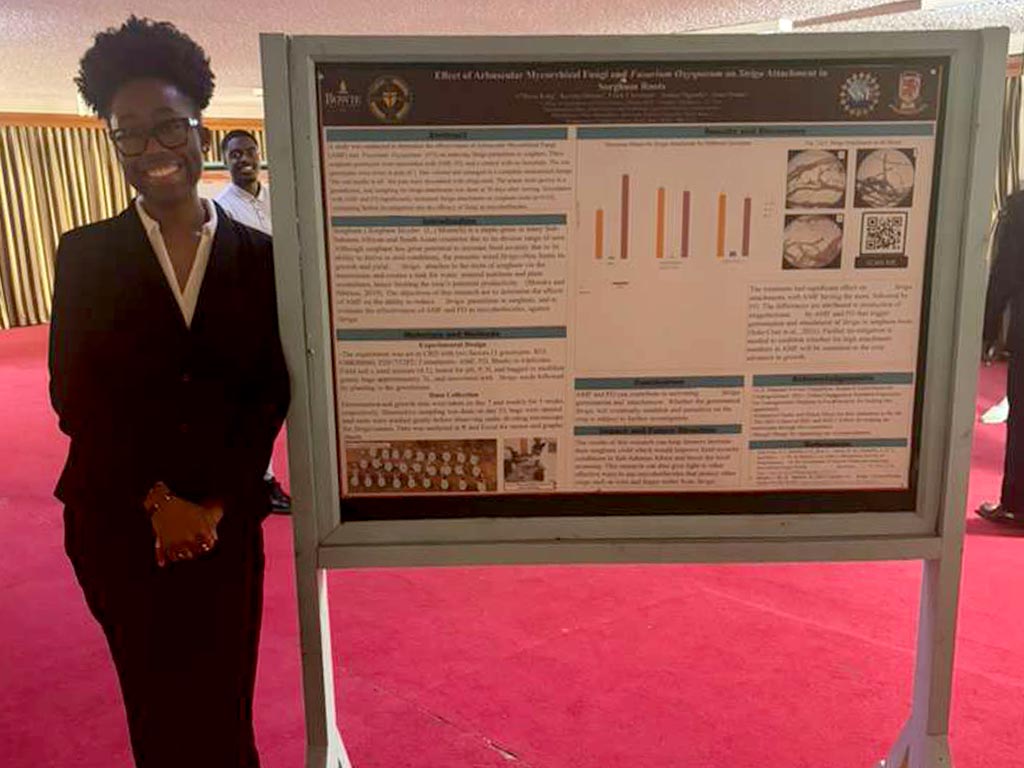 The trip combined classroom knowledge with real-world applications in agriculture
and health. (Photo courtesy of FAMU)
The trip combined classroom knowledge with real-world applications in agriculture
and health. (Photo courtesy of FAMU)
“Even though agronomy and soil science weren’t my main areas of study, I learned so much,” King said. “Some of our experiments didn’t go as planned, but that’s science; you have to adjust and try again. My scientific writing and presentation skills improved tremendously, and I came back a more well-rounded scientist.”
King also embraced the cultural exchange. “Being in Kenya was a culture shock, but mostly for them,” she said with a laugh. “It felt familiar seeing so many Black people around, but they could immediately tell we weren’t Kenyan. Everyone was so kind, and the food — especially the chapati, lentils and rice — was amazing.”
Jazmine Pace a fourth-year agronomy major, also contributed to sorghum research, with her team focusing on establishing drought resilience for the multi-use crop Sorghum bicolor. By evaluating the efficacy of arbuscular mycorrhizal fungi in improving nutrient uptake and water stress tolerance, her work tied directly into providing food security for local communities.
“This internship gave me the chance to use my agronomic knowledge for plant health improvement and my soil chemistry background in meaningful ways,” Pace said. “It aligned with my career goals because I aspire to create my own donation-based organic food farm to alleviate food insecurity.”
Pace further shared how the experience also sharpened her scientific approach. “I strengthened my ability to conduct research, create a hypothesis and prove it through experimentation and data analysis,” she said. “I genuinely appreciate the determination of Egerton University staff to produce quality work with limited resources. It was inspiring.”
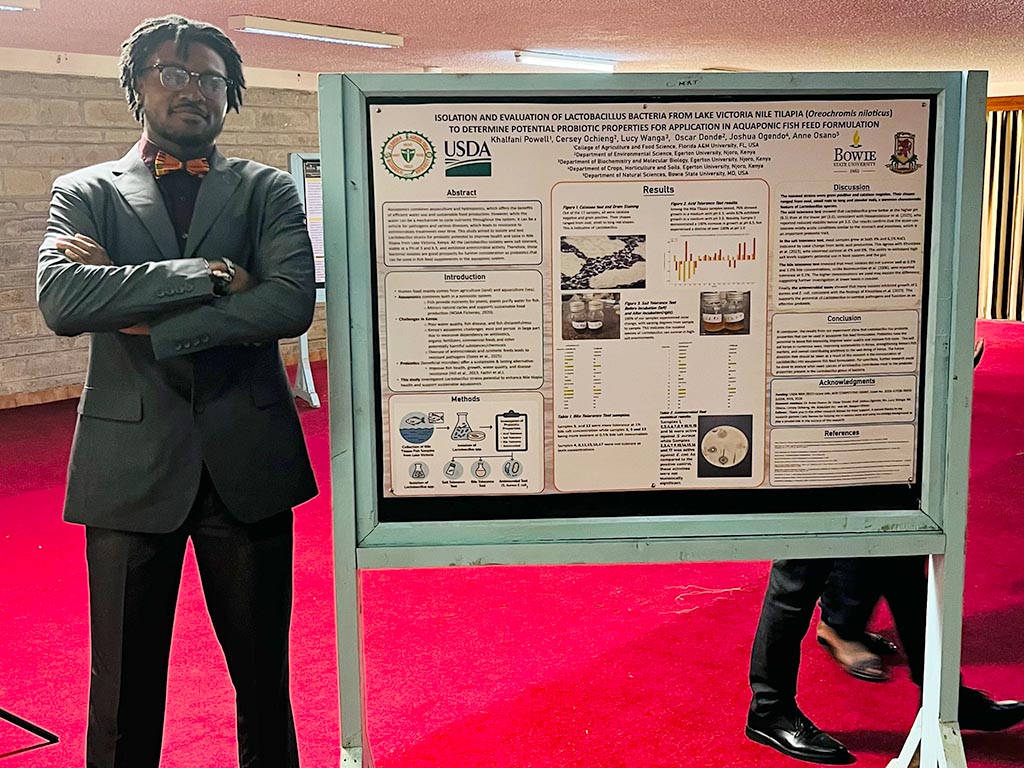 HBCU students connected across borders through research, service and shared experiences.
(Photo courtesy of FAMU)
HBCU students connected across borders through research, service and shared experiences.
(Photo courtesy of FAMU)
Meanwhile, Khalfani Powell contributed to research in aquaponics systems, addressing two of Kenya’s most urgent challenges: water quality and fish disease. His team isolated a bacterial species, tested its probiotic potential and incorporated it into fish feed. The goal was to strengthen fish immunity, reduce disease and improve water conditions — offering sustainable solutions that support both the environment and local communities.
“This research had real-world applications, supporting environmental health and improving the livelihoods of communities that depend on clean water and nutrient-rich fish,” Powell said.
Beyond the lab, Powell said the experience sharpened his communication skills. “Collaborating with researchers and communities in Kenya taught me how to share complex scientific information clearly and respectfully across different cultural contexts,” he said. “It also deepened my understanding of how culturally informed approaches are essential for creating sustainable, impactful solutions globally.”
For Rayven Custis, a pre-veterinary animal science and insect science major, the internship was an opportunity to merge technical research with community impact. Her project examined the utilization of innovation platforms to improve feed quality among smallholder dairy farmers. By testing the nutrition of common feeds such as Napier grass, cut-and-carry mixes and concentrates, and surveying farmers about their practices, she identified critical gaps in nutrition and offered practical recommendations such as promoting Super Napier and improving feed storage.
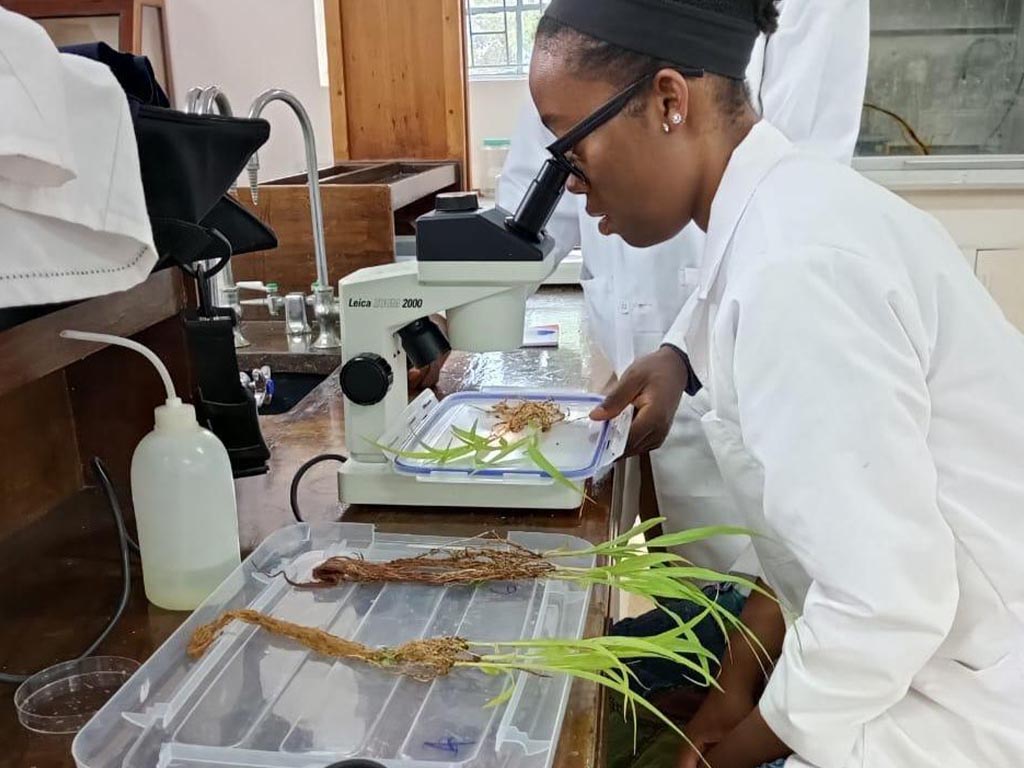 The program allowed students to see how science, culture and history intersect in
Africa. (Photo courtesy of FAMU)
The program allowed students to see how science, culture and history intersect in
Africa. (Photo courtesy of FAMU)
“It felt good to know the work could have a real impact on milk yield and farmer income,” Custis said.
Along the way, she gained both technical and interpersonal skills. “On the technical side, I worked with lab techniques like proximate analysis, crude protein determination and bomb calorimetry.
On the interpersonal side, I strengthened my ability to communicate with smallholder farmers and extension officers, respecting local knowledge while introducing scientific recommendations,” she said. “These skills — combining rigorous analysis with community engagement — are ones I’ll carry into veterinary medicine.”
Custis added that the experience aligned perfectly with her academic and career goals. “I see myself working in veterinary medicine, and this project gave me real hands-on experience in animal nutrition and how it connects to public health and rural development,” she said. “It made me even more certain that I want to keep pursuing opportunities that combine science with real-world impact, both in the U.S. and internationally.”
All four students credit the university with preparing them for success. “FAMU has instilled confidence in me in professional spaces,” King said. “Even when I don’t know everything, I know I can learn and grow.”
As King prepares to graduate in December and pursue graduate studies in public health, Powell looks ahead to his future as a researcher, Custis continues her path toward veterinary medicine and Pace works toward her dream of creating an organic farm to combat food insecurity, each agrees that their summer in Kenya was more than just an internship. It was an experience that broadened their perspectives, expanded their skills and reinforced their commitment to solving real-world problems through science.
When asked to sum up her journey, King chose one word: “Transformative.”
Latest FAMU News
- Florida A&M University and Metropolitan College of New York Partner to Create Graduate Pathway Program in Supply Chain Management<![CDATA[Florida A&M University and Metropolitan College of New York Partner to Create Graduate Pathway Program in Supply Chain Management]]>
- FAMU Launches 50 New Healthcare and IT Certificates with MedCerts<![CDATA[FAMU Launches 50 New Healthcare and IT Certificates with MedCerts]]>
- Florida A&M University “Eternal World Tour” Homecoming 2025 is Oct. 12–Oct. 19<![CDATA[Florida A&M University “Eternal World Tour” Homecoming 2025 is Oct. 12–Oct. 19]]>
- FAMU Honors Legacy with Vibrant Founders Day Wreath-Laying Ceremony<![CDATA[FAMU Honors Legacy with Vibrant Founders Day Wreath-Laying Ceremony]]>
- President Marva Johnson Appoints Marcus Burgess as SVP of Enterprise Partnerships & Innovation<![CDATA[President Marva Johnson Appoints Marcus Burgess as SVP of Enterprise Partnerships & Innovation]]>
- FAMU Announces Alumnus Kenneth Jones as the 2025 Homecoming Convocation Speaker<![CDATA[FAMU Announces Alumnus Kenneth Jones as the 2025 Homecoming Convocation Speaker]]>



